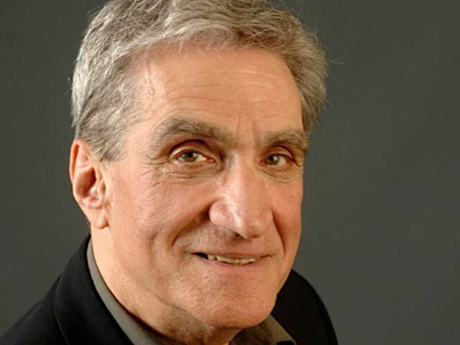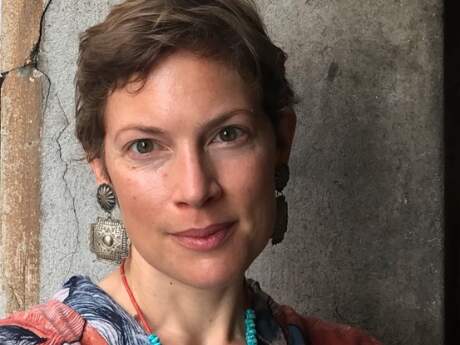Song Cycle
Song Cycle with Robert Pinsky

In this monthly series, poets, writers, and musicians trace the long relationship between poetry and music, exploring how individual composers and musicians have transformed poems into musical works—from Renaissance song to twentieth-century jazz to the latest contemporary music.
It’s not just the rhythm but the melody as well that makes the sounds of a poem. (Or a sentence.) The variations in pitch are essential. The art is vocal, and every sentence has an expressive melody, as in Paul Valéry’s description of a drunken song heard from a block away. Another example: Robert Frost’s conversation heard through a closed door, in his essay “A Figure a Poem Makes.” Without hearing the meanings of words, one feels the meanings of the tune. In the composition of a poem, moments of anger, joy, sexual passion, grief, all can attain their speech-melody and their speech-cadence. Also, in each unique sequence of consonants and vowels there is the third musical element: harmony.
There has never been a greater master of this musical core of poetry than Ben Jonson (1572-1637). In his poem “His Excuse for Loving” Jonson composes two sentences with melodic energy sustained and extended— like a passage in the music of Mozart or of Charlie Parker. In this track, saxophone master Stan Strickland opens with a solo that is in conversation with the spirit of Jonson’s poem, with pianist Laurence Hobgood and John Lockwood on bass entering the conversation, as does my voice saying the poem’s first sentence. Then the musicians begin to play more in tempo, set by Lockwood, and also in tempo I say Jonson’s amazing second sentence.
Our goal was to play together, with the music not as background, but as I’ve said, a conversation between the music and the poetry, between the art of poetry when the English language was new and the art of jazz, with a shared feeling of discovery.
His Excuse for Loving
Ben Jonson
Let it not your wonder move,
Less your laughter, that I love.
Though I now write fifty years,
I have had, and have, my peers.
Poets, though divine, are men;
Some have loved as old again.
And it is not always face,
Clothes, or fortune gives the grace,
Or the feature, or the youth;
But the language and the truth,
With the ardor and the passion,
Gives the lover weight and fashion.
If you then would hear the story,
First, prepare you to be sorry
That you never knew till now
Either whom to love or how;
But be glad as soon with me
When you hear that this is she
Of whose beauty it was sung,
She shall make the old man young,
Keep the middle age at stay,
And let nothing hide decay,
Till she be the reason why
All the world for love may die.


